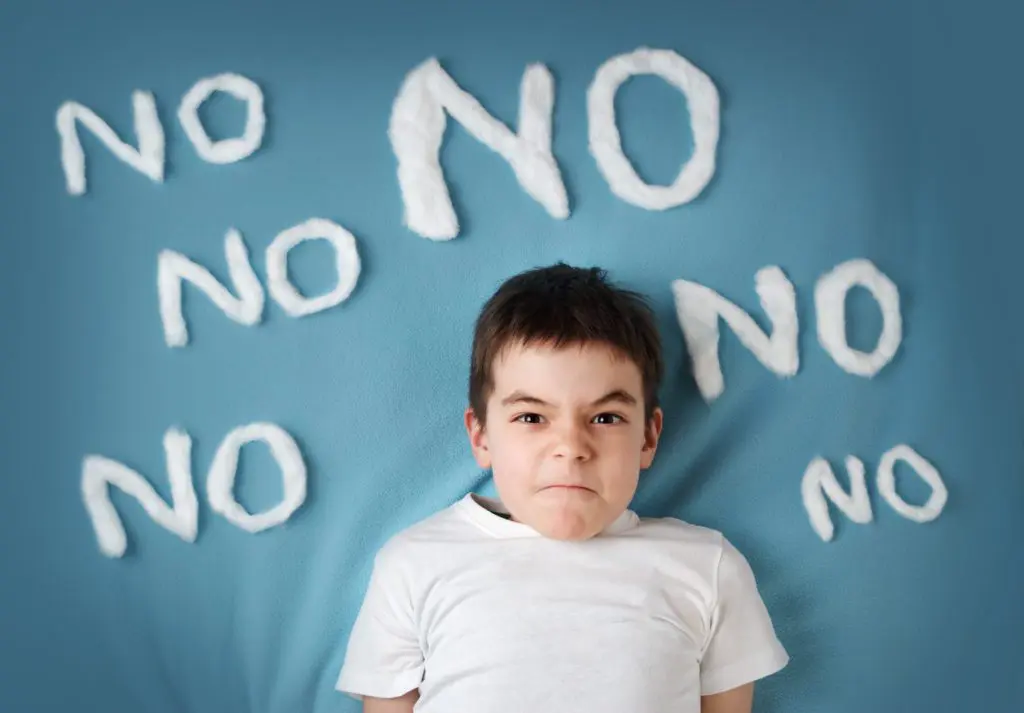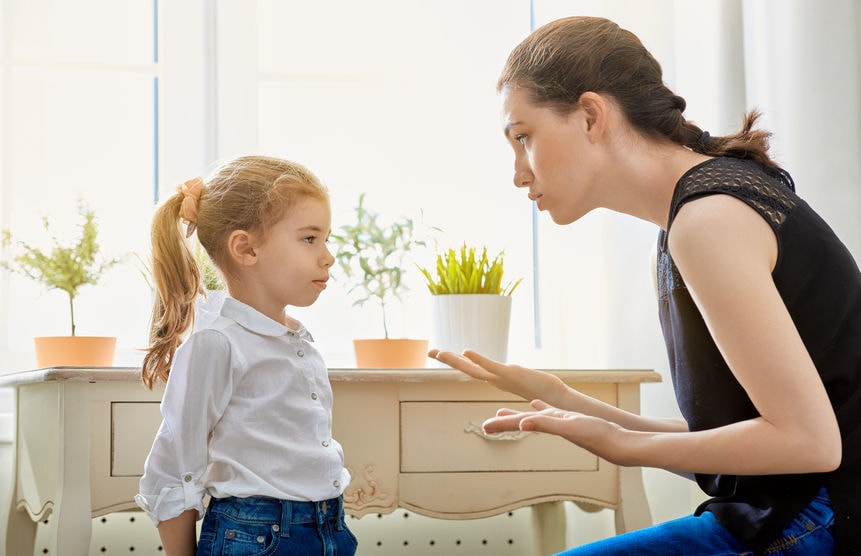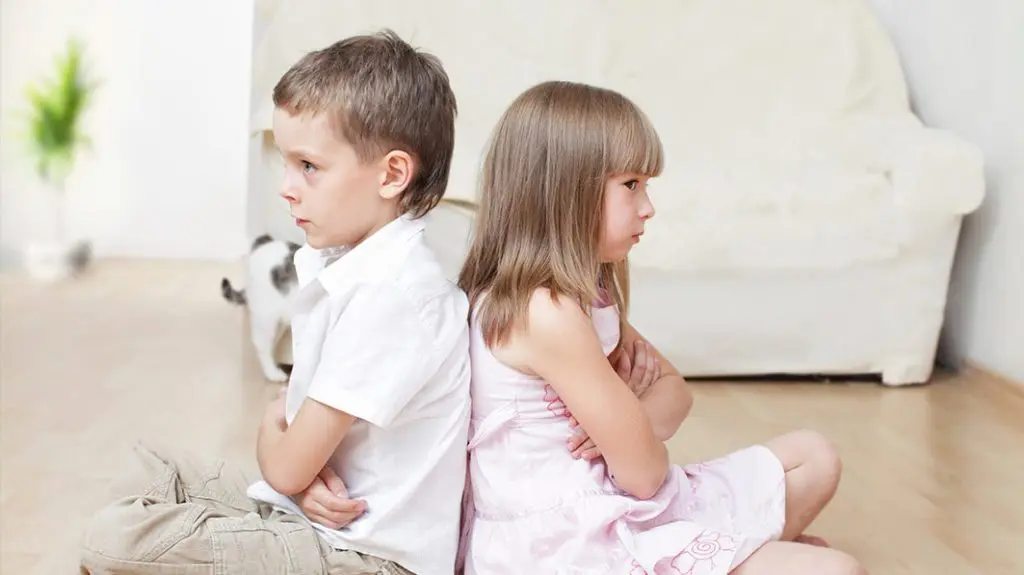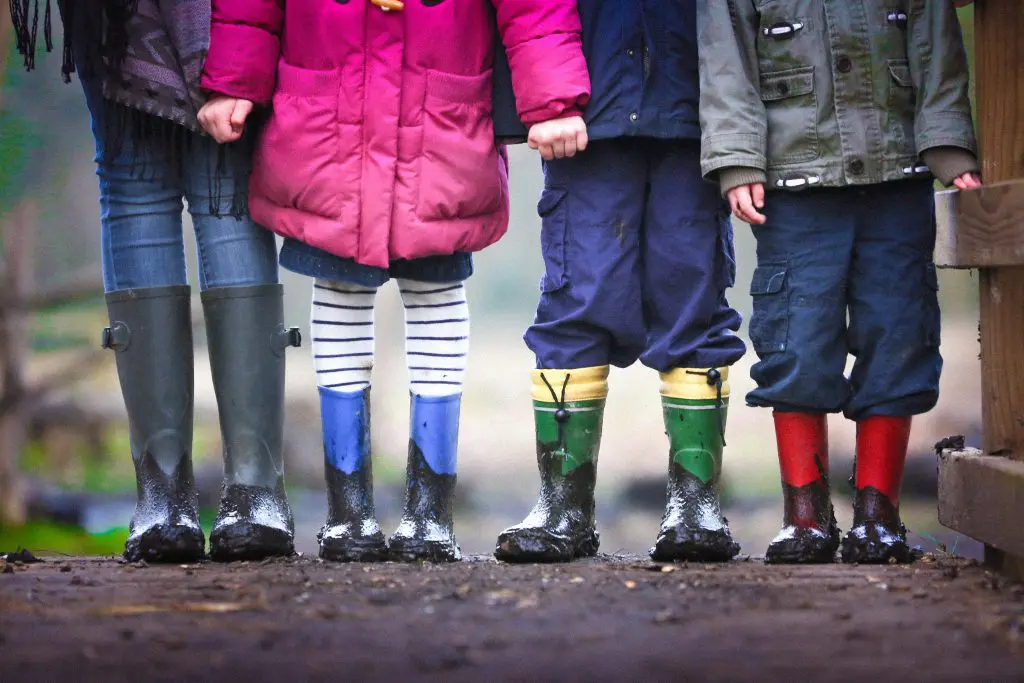4 Parenting Tips for Raising Healthy Kids

The role of being a parent comes coupled with great responsibility. As a parent, it is your responsibility to ensure that your kids grow to become healthy, successful adults. Parents play a vital role in their children’s behaviors and life choices. Raising healthy kids may seem like a simple task, but given the unhealthy temptations […]
Bad Behaviors in Kids and How to Still Raise Good Adults

Kids don’t come with handbooks. That seems trite and obvious, even as every parent in history has wished at one time or another that they did. All kids, no matter how well-raised, have bad behaviors from time to time. It’s simply part of growing up. A child’s bad behavior doesn’t automatically reflect on you or […]
7 Reasons Adequate Family Time is Important for Kids

It’s no secret that adequate family time is paramount to building stronger bonds. It nurtures confidence and teaches our children the importance of interaction. Neglecting simple activities with the family can be detrimental to the healthy growth and development of children.Though most parents tend to be overly busy with either work or house chores, there […]
How to Limit Screen Time for Kids: 7 Tips for Every Parent

In the modern era that we live in, children are born and raised with gadgets in their everyday lives. As parents, we are normally stuck with the question of how to limit screen time use of our kids. Though it would take a lot of effort to decline their request to use their gadgets, controlling […]
Parenting 101: Key Differences between Discipline and Punishment

Effective parenting means being able to correctly identify the key differences between discipline and punishment. While punishment focuses on making a child suffer for breaking the rules, discipline is about teaching children how to make better choices and helping them to understand the elements of their misbehavior. In order for a parent to understand how […]
Embracing Your New Role: A Quick Guide to Parenting Basics

It came as quick as a snap of a finger–your little bundle of joy is now added to your growing family! And as much as you wished they came with a manual or something, they don’t. But not to worry, because we’ve got you covered. Here’s a quick guide on the parenting basics which will […]
How to Stop Toddlers from Hitting other Kids

Parenthood is a tough job – it can be overwhelming with all the ups and downs. Raising toddlers is often the most challenging part of parenthood. This is the time when they get anxious and curious about anything. They can be a handful, but the toddler phase is crucial for their overall growth and development. […]
6 Best Ways on How to End Sibling Rivalry Among Your Kids

Siblings fighting has been an issue parents face all the time. Let’s face it – sibling rivalry happens all the time. One moment you see your kids playing nicely together, the next in tears, shouting at each other or pulling each other’s hair. We all want our kids to get along really well. That is […]
How to Manage and Discipline Kids Who Ignore Consequences

No parent looks forward to disciplining their children, no matter what their age. They may act like they don’t care or even ignore you. It’s also common for kids to change from an “I don’t care” attitude to getting upset when you tell them they’ve lost certain privileges and deny any wrongdoing. Either way, until […]
9 Ways on How Your Child Can Avoid Getting Sick at School

With school just around the corner, exposure to flu or colds is common. When there are many kids in the area, sickness can spread rapidly. There are secrets to completely protect kids from germs and bacteria. But as they say, prevention is always better than cure. Here are some parenting tips on how to keep […]

